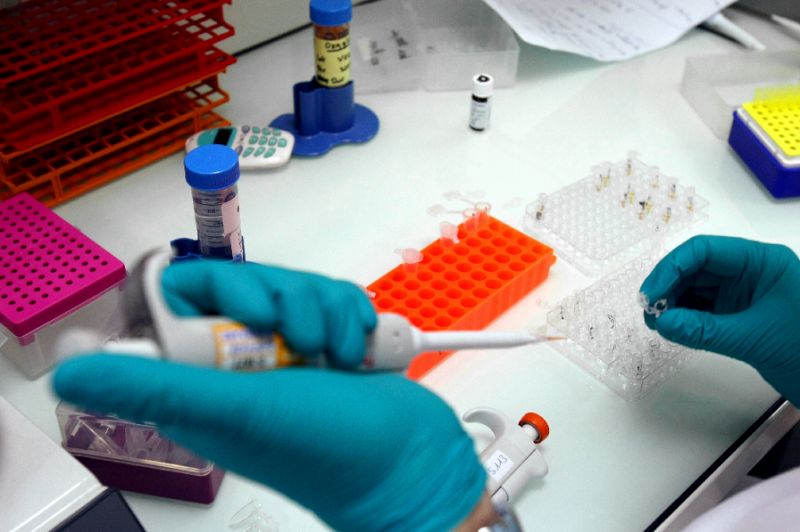New York|HL
As we all know the breast feeding has been linked with countless benefits, from lowering a child’s risk of asthma and allergies to reducing the chances of the mother being diagnosed with cancer. Now a latest study claims that woman’s milk contains sugars that boast anti-bacterial properties.
Experts from Vanderbilt University in the U.S. decided to concentrate their investigations on this area after becoming concerned by figures which show 23,000 deaths annually are caused by bacterial resistance to antibiotics, according to the Center for Disease Control and Prevention.
Focusing on sugar, assistant professor of chemistry Steven Townsend and his colleagues collected carbohydrates from human milk, also known as oligosaccharides, and profiled them via their biomolecules. The carbohydrates in human milk not only possess antibacterial properties of their own but also enhance the effectiveness of the antibacterial proteins also present.
“For most of the last century, biochemists have argued that proteins are most important and sugars are an afterthought. Most people have bought into that argument, even though there’s no data to support it,” Townsend added. “Far less is known about the function of sugars and, as a trained glycoprotein chemist, I wanted to explore their role.”
Noting this is the first time the activity of the carbohydrates in human milk have been monitored, he continued, “Our results show that these sugars have a one-two punch. First, they sensitise the target bacteria and then they kill them. Biologist sometimes call this ‘synthetic lethality’ and there is a major push to develop new antimicrobial drugs with this capability.”
Proteins lactoferrin, which battles against fungal infections and viruses as well as bacteria, and HAMLET (Human Alpha-lactalbumin Made Lethal to Tumor Cells), which fight tumour cells, were both identified in breast milk and show promise that they could be turned into antibiotic pills.
Results were published in the journal ACS Infectious Diseases.
Inputs:Agencies










